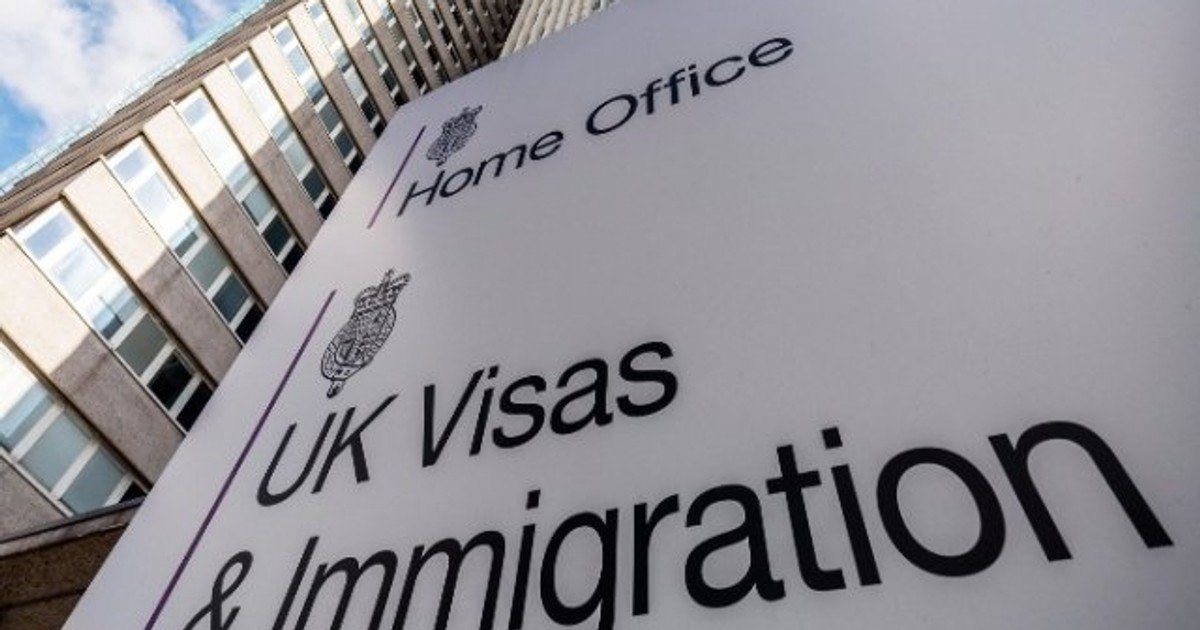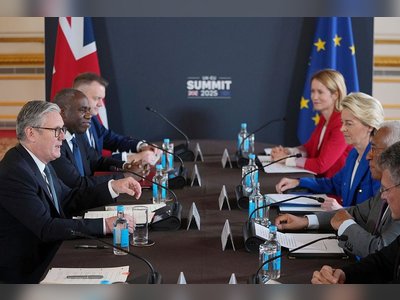
UK Imposes 10-Year Travel Bans on 1,632 Ghanaians Over Widespread Visa Fraud
Britain, Australia and Canada launch joint campaign highlighting scams as hundreds lose visa privileges permanently
The United Kingdom has issued ten-year travel bans to 1,632 Ghanaian nationals after uncovering extensive fraud during the 2024 visa application round, according to its High Commission in Accra.
The number equates to about four per cent of all Ghanaian visa applicants last year, highlighting an alarming level of abuse targeting the UK’s immigration system.
UK authorities say the measures respond to thousands of cases involving falsified documents or misrepresentation.
“Fraud is never worth the risk,” said the UK’s High Commissioner to Ghana, urging applicants not to fall prey to unscrupulous agents promising guaranteed results.
The bans form part of a broader “Fighting Visa Fraud” campaign, launched jointly by the UK, Australia and Canada during International Fraud Awareness Week (November 16–22, 2025).
The initiative aims to educate prospective applicants about the dangers of visa scams and promote the use of official government channels.
Officials warn that many applicants were misled by rogue agents offering false assurances and fake paperwork — often at high cost — only to see visas rejected and permanent bans imposed.
Beyond barring future travel, such bans can lead to financial loss, emotional distress and long-term exclusion from study, work and family-reunification opportunities.
Ghana’s government, meanwhile, is under pressure to strengthen oversight of visa-processing intermediaries.
Immigration analysts caution that, unless regulation and public-awareness efforts improve, many more Ghanaians face risks of exploitation and harsh lifetime penalties.
Because the response is tied to a high-profile global crackdown involving multiple Western nations, the crackdown in Ghana is expected to send a strong deterrent signal — but also to spark concerns among legitimate applicants that their cases may now face extra scrutiny, longer processing times, and tighter standards across visa platforms requiring transparency and authenticity.
The number equates to about four per cent of all Ghanaian visa applicants last year, highlighting an alarming level of abuse targeting the UK’s immigration system.
UK authorities say the measures respond to thousands of cases involving falsified documents or misrepresentation.
“Fraud is never worth the risk,” said the UK’s High Commissioner to Ghana, urging applicants not to fall prey to unscrupulous agents promising guaranteed results.
The bans form part of a broader “Fighting Visa Fraud” campaign, launched jointly by the UK, Australia and Canada during International Fraud Awareness Week (November 16–22, 2025).
The initiative aims to educate prospective applicants about the dangers of visa scams and promote the use of official government channels.
Officials warn that many applicants were misled by rogue agents offering false assurances and fake paperwork — often at high cost — only to see visas rejected and permanent bans imposed.
Beyond barring future travel, such bans can lead to financial loss, emotional distress and long-term exclusion from study, work and family-reunification opportunities.
Ghana’s government, meanwhile, is under pressure to strengthen oversight of visa-processing intermediaries.
Immigration analysts caution that, unless regulation and public-awareness efforts improve, many more Ghanaians face risks of exploitation and harsh lifetime penalties.
Because the response is tied to a high-profile global crackdown involving multiple Western nations, the crackdown in Ghana is expected to send a strong deterrent signal — but also to spark concerns among legitimate applicants that their cases may now face extra scrutiny, longer processing times, and tighter standards across visa platforms requiring transparency and authenticity.










